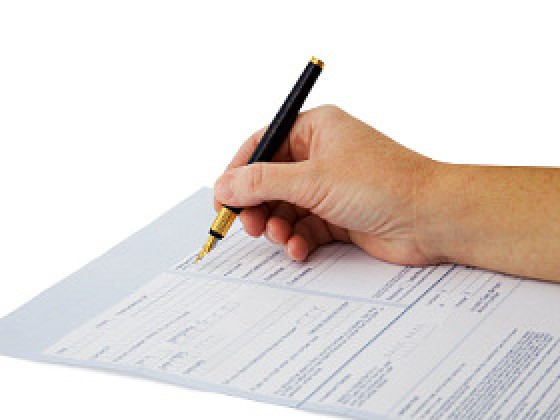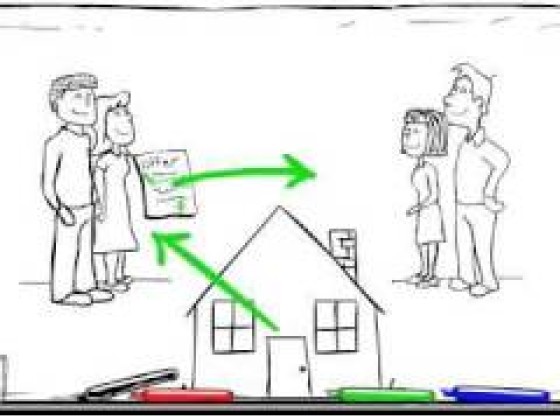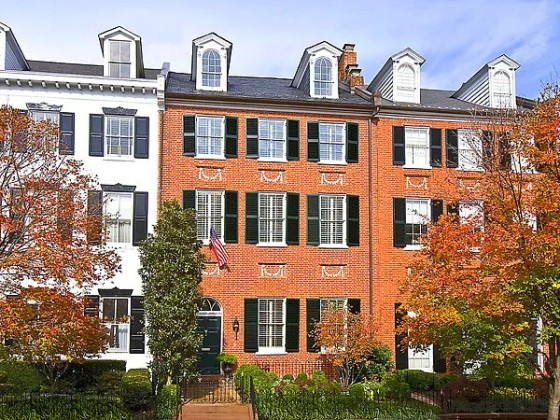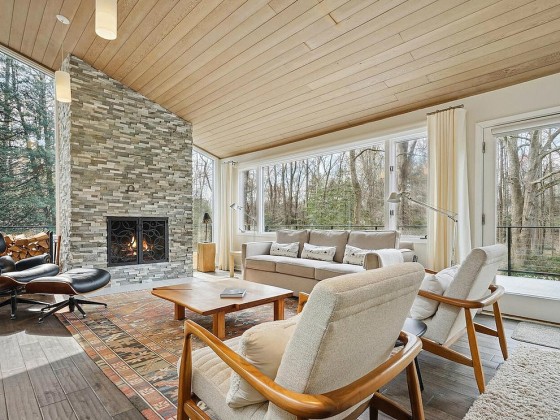 October Home Loan Limit Deadline Approaches
October Home Loan Limit Deadline Approaches
✉️ Want to forward this article? Click here.
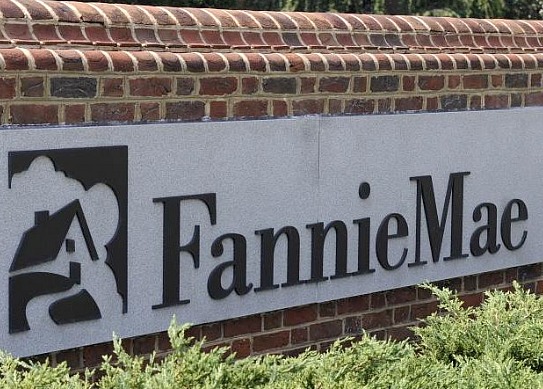
Back in February, the Obama administration issued a report for how to reduce government support of the mortgage market. One aspect in that report that has been a regular topic of debate in recent months is that, on October 1st, the temporary increase on conforming home loan limits will expire, effectively reducing government-backed loan limits from $729,750 to $625,500 in the DC area.
Over two years ago, the Housing and Economic Recovery Act of 2008 upped the limit on conforming home loans (the maximum size of a loan Fannie Mae and Freddie Mac can guarantee) in expensive areas like DC from $417,000 to $729,750 because the availability of those size loans in the private market all but disappeared. The insurance that loans up to $729,750 would be backed was reinstated in the economic stimulus bill passed at the start of the Obama administration, and was renewed again last year.
On Saturday, barring a last-minute legislative miracle, the limit on conforming loans will expire. What that means is that the risk of a borrower defaulting on a loan over $625,500 in areas like DC will fall to the lenders, not the government. Currently, if a lender puts a borrower’s loan application through Fannie Mae and Freddie Mac’s Desktop Underwriter (an automated underwriting system), and it is approved, then the government assumes the risk of a borrower defaulting on a loan up to $729,750, not the lender.
Back in February, Stephen Fuller, a professor at George Mason University and an expert on the DC-area housing market, talked with UrbanTurf about where the effect of the loan-limit decrease would be felt the most.
“In the market where houses are priced in the $500,000 to $1 million range, where jumbo loans are really important, it could keep that market from moving,” he said. “Not only would the interest rates move up [for loans above] $625,000, but also the down payment requirements and qualifications [would increase].”
Fuller noted that if the cost of borrowing rises, that would mean that houses priced above $625,000 would need price adjustments. “A property might not sell for the same price as it would have with jumbo loan limits up to $729,750, because of less availability for financing. If demand is weakened, then prices would be affected.”
Bill Slosberg of Falls Church-based Acacia Federal Savings Bank echoed Fuller’s thoughts on the home price “ripple effect.”
“The new loan limits will consequently limit the pool of buyers for homes in a certain price point, which means that sellers might be forced to lower prices,” he explained to UrbanTurf in May. “So, for example, if a home in Alexandria that once sold for $800,000 is forced to sell for $750,000, then the price on a similarly-sized home in Fairfax will be forced to drop, and the ripple effect will continue as you get further out.”
Ripple effect or not, the consensus seems to be that starting next week, buyers of homes in the upper six-figure range will need to put more money down and will face tougher qualification requirements when applying for a loan. UrbanTurf will continue to monitor the effect of the limit reduction in the coming months.
See other articles related to: fannie mae, freddie mac, loan limits
This article originally published at http://dc.urbanturf.production.logicbrush.com/articles/blog/october_home_loan_limit_deadline_approaches/4235.
Most Popular... This Week • Last 30 Days • Ever
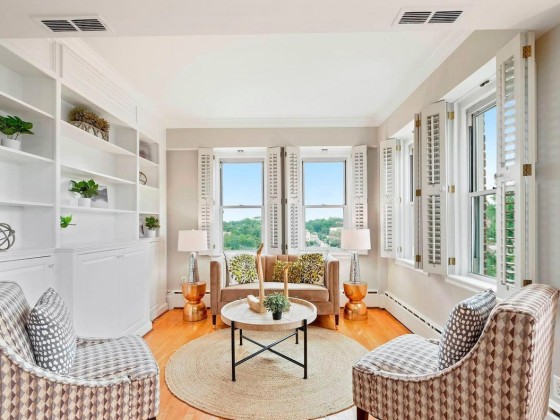
Today, UrbanTurf takes a look at the distinct differences between these two popular f... read »
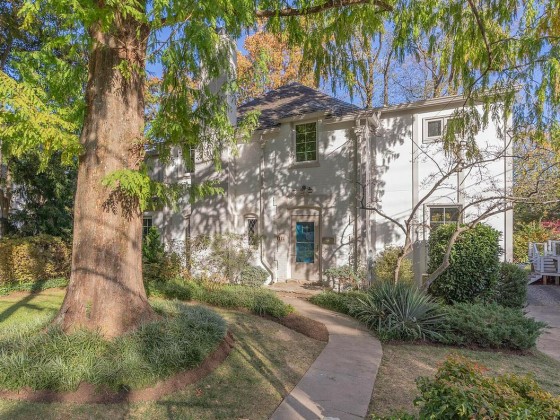
Buffett called the five-bedroom listing home when his father, Howard Buffett, was ser... read »
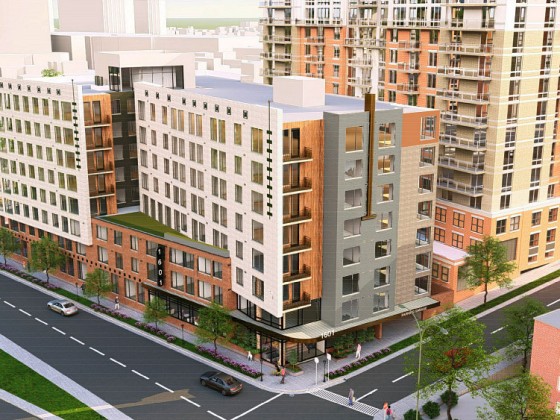
Monument Realty has filed updated plans with Arlington County to redevelop the former... read »
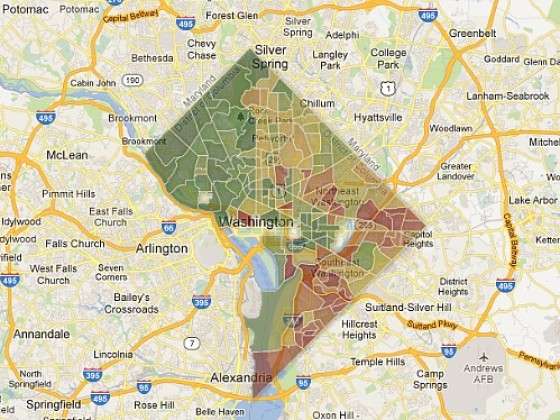
What Republican control could mean for DC; the Post wants people back in the office; ... read »
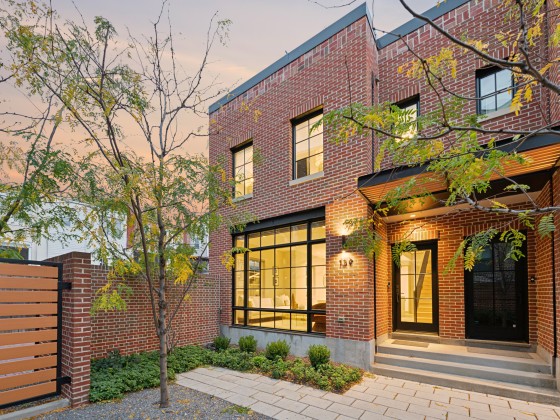
A single home has come up for sale at Beale Square: an acclaimed, carriage-style town... read »
DC Real Estate Guides
Short guides to navigating the DC-area real estate market
We've collected all our helpful guides for buying, selling and renting in and around Washington, DC in one place. Start browsing below!
First-Timer Primers
Intro guides for first-time home buyers
Unique Spaces
Awesome and unusual real estate from across the DC Metro





